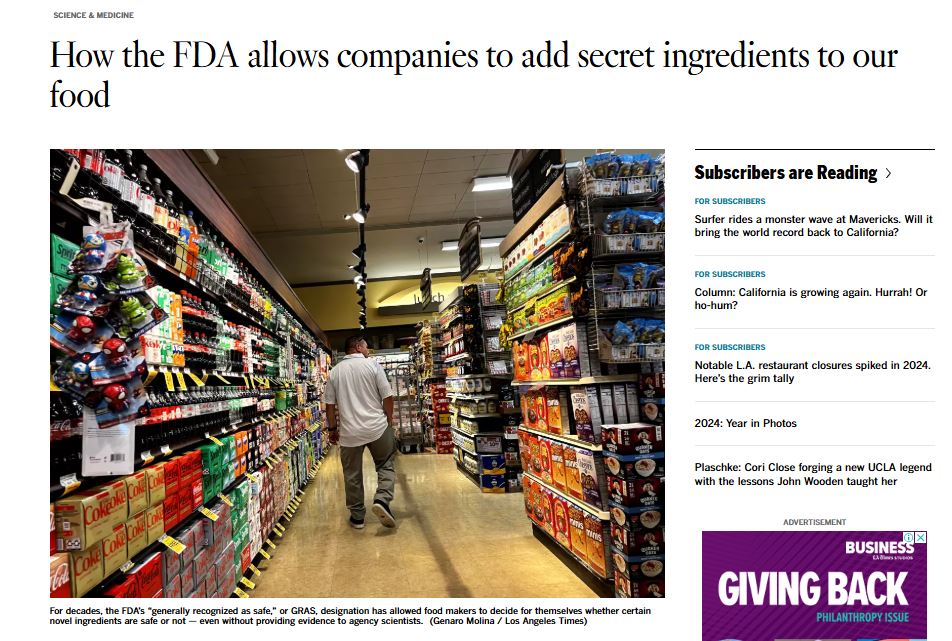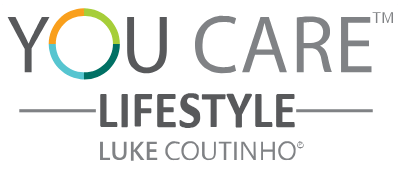In today’s fast-paced world, convenience often takes precedence over quality. From ready-to-eat meals to health supplements and lifestyle products, we place immense trust in labels that promise “natural,” “organic,” or “clean.” But have you ever paused to question what’s really hiding behind those claims?
The truth is unsettling: the products we consume daily may not be as harmless as they seem. Understanding what’s lurking in our food and lifestyle products is not just an option, it’s essential for our health.
Many of the products we rely on are far from what they advertise. Here’s why:
- Additives Masquerading as Nutrients: Ever wondered why your favorite packaged food stays fresh for weeks? Additives like preservatives, stabilizers, and artificial flavorings are often to blame. While they enhance shelf life and taste, they can also disrupt your gut microbiome, leading to inflammation and compromised immunity.
- "Clean" Skincare That Isn't So Clean: Skincare products labeled as “natural” or “organic” can contain harmful chemicals like parabens, phthalates, and artificial fragrances. These compounds act as endocrine disruptors, mimicking hormones and increasing the risk of hormonal imbalances, infertility, and even cancers.
- Supplements with Hidden Ingredients: Many over-the-counter supplements fail to deliver what they promise. Studies have revealed that a significant number contain fillers, synthetic nutrients, or contaminants like heavy metals. These undermine the very purpose of supplementation by introducing toxins into your body.
- Cookware and Packaging: Even the packaging and cookware we use can leach harmful chemicals into our food. Non-stick pans, for instance, release toxins like PFAS, while plastic packaging contributes microplastics to our diet. These toxins accumulate in the body over time, potentially causing long-term health issues.

Pic Credits: Los Angeles Times: News about the FDA letting food brands add secret ingredients to our food items. Not only India, but around the world, people are suffering from hidden additives and their potential health impacts.
Table of Contents
Why Is Transparency Non-Negotiable for Your Health?
The impact of hidden additives, chemicals, and false claims goes beyond individual well-being, it affects the entire ecosystems.
- Bioaccumulation and Long-Term Exposure: Hidden toxins in food, packaging, and personal care products may not show immediate effects but can accumulate in tissues over time. Persistent organic pollutants (POPs) are a prime example, linked to cancers, autoimmune disorders, and metabolic diseases.
- Misleading Claims and Their Ripple Effect: Mislabeling not only compromises consumer trust but also creates a culture of misinformation. For instance, products labeled as “low fat” often compensate with added sugars, leading to unintentional overconsumption and a surge in lifestyle diseases like diabetes.
- The Gut-Brain Connection: Additives like artificial sweeteners and emulsifiers don’t just affect digestion, they can disrupt the gut-brain axis. Emerging research highlights how these substances can influence mental health by altering the microbiota that produce neurotransmitters like serotonin and dopamine.
Visit our Nutrition corner for all things clean and transparently promoted. Anything that you see claimed, is true. So, go buy anything that you need without the need to check twice.
ThinkPink: A Movement for Trust and Accountability
ThinkPink is a transformative initiative championing transparency, trust, and well-being. More than just a movement, it calls for action to bridge the gap between marketing claims and reality. By raising awareness about hidden additives and misleading labels, advocating for stricter regulations, and empowering consumers to make informed choices, ThinkPink aims to set a new standard of honesty and quality. Small changes, like decoding product labels, choosing whole foods, supporting transparent brands, and spreading awareness, can collectively reshape the market and create a healthier future for all.
The Bigger Picture
Transparency is not just about avoiding harm; it’s about creating a system where well-being takes precedence over profits. ThinkPink serves as a beacon of hope in an era where hidden additives and false claims have become the norm.
By joining the movement, you’re not only safeguarding your health but also championing a future where integrity defines every product we use. Together, we can create a world where trust is earned, not assumed, and every choice contributes to a healthier, happier life.
Are you ready to be part of this change? Join here!
Disclaimer: This content is for informational purposes only and is not a substitute for professional medical advice, diagnosis, or treatment. Always consult your healthcare provider before trying any new food items, supplements, or products, especially if you have an existing medical condition or allergies.
You can reach out to us for expert assistance at +917059700700
Or write to us at [email protected]
Do you have any questions? Feel free to drop them in the comment box below.
Reference:
Guo, W., Pan, B., Sakkiah, S., Yavas, G., Ge, W., Zou, W., Tong, W., & Hong, H. (2019). Persistent organic pollutants in food: Contamination sources, health effects, and detection methods. International Journal of Environmental Research and Public Health, 16(22), 4361.
Ruiz-Ojeda, F. J., Plaza-Díaz, J., Sáez-Lara, M. J., & Gil, A. (2019). Effects of sweeteners on the gut microbiota: A review of experimental studies and clinical trials. Advances in Nutrition, 10(suppl_1), S31–S48.




Comments